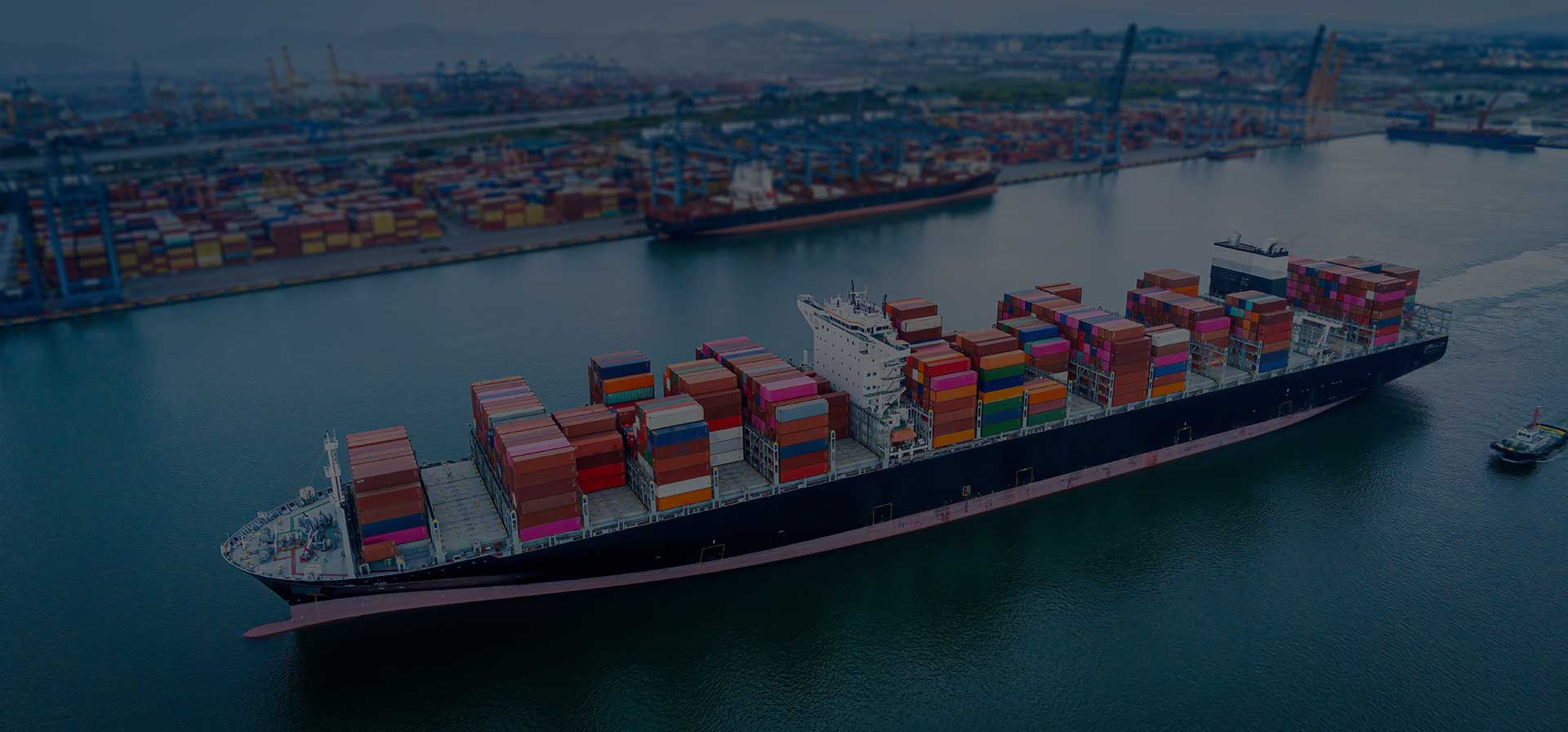Natural disasters pose significant risks to casino properties, ranging from property damage to business interruption and revenue loss. In this blog, we’ll explore the importance of insurance coverage in mitigating financial losses for casinos facing natural disasters.
Common Natural Disaster Risks for Casinos
-
Hurricanes, Tornadoes, and Severe Storms:
Casinos located in coastal regions or areas prone to hurricanes and severe storms are particularly vulnerable to wind damage, storm surge, and flooding. High winds can cause structural damage to buildings, roofing, and exterior fixtures, while storm surge and flooding can inundate casino properties, causing extensive water damage to interiors, equipment, and infrastructure.
-
Floods and Water Damage:
Casinos situated in flood-prone areas, near rivers, or in low-lying regions face the risk of flooding from heavy rainfall, overflowing rivers, storm surges, or flash floods. Floodwaters can infiltrate casino buildings, basements, and underground parking facilities, causing water damage to flooring, walls, electrical systems, gaming equipment, and furnishings. Additionally, water damage can lead to mold growth, structural deterioration, and electrical hazards, requiring extensive cleanup and restoration efforts.
-
Wildfires:
Casinos located in or near forested areas or regions prone to wildfires are at risk of fire damage and smoke infiltration during wildfire events. Wildfires can spread rapidly, engulfing surrounding vegetation, structures, and landscapes, and producing thick smoke and ash that can infiltrate casino buildings, HVAC systems, and outdoor facilities. Even if not directly impacted by flames, casinos may suffer property damage, smoke damage, and business interruption due to wildfire-related evacuations, road closures, and utility disruptions.
-
Earthquakes:
Casinos situated in seismically active regions or near fault lines face the risk of structural damage, building collapse, and infrastructure failures resulting from earthquakes. Severe earthquakes can cause ground shaking, liquefaction, landslides, and tsunamis, leading to widespread destruction of casino buildings, parking structures, and utility systems. Additionally, earthquake-related damages may render casino properties unsafe for occupancy, requiring extensive repairs and seismic retrofitting to mitigate future risks.
-
Winter Storms and Ice Damage:
Casinos located in colder climates or regions prone to winter storms and freezing temperatures face the risk of ice accumulation, snowfall, and freezing rain. Ice buildup on roofs, awnings, and outdoor structures can lead to structural damage, collapse, and water infiltration, while heavy snowfall can impede access to casino properties and disrupt operations. Additionally, freezing temperatures can cause water pipes to burst, resulting in water damage and property loss.
-
Landslides and Mudslides:
Casinos situated in mountainous or hilly terrain are susceptible to landslides and mudslides triggered by heavy rainfall, snowmelt, or seismic activity. Landslides can destabilize slopes, erode soil, and damage structures, roads, and utility lines, posing significant risks to casino properties located in landslide-prone areas. Mudslides can bury buildings, block roadways, and disrupt transportation routes, impeding access to and from casino facilities and hindering emergency response efforts.
Understanding and effectively mitigating these natural disaster risks is essential for casinos to safeguard their properties, protect their assets, and ensure the safety and well-being of employees and guests. Implementing comprehensive disaster preparedness plans, investing in resilient infrastructure, and securing adequate insurance coverage are critical components of casino risk management strategies aimed at minimizing the impact of natural disasters.
Property Insurance Coverage Options
Property insurance serves as a foundational element of risk management for casino properties, offering financial protection against various perils, including those posed by natural disasters. Here’s a more detailed look at the key components of property insurance coverage for casinos:
- Coverage for Property Damage: Property insurance provides coverage for physical damage to casino buildings, structures, and contents caused by natural disasters such as hurricanes, tornadoes, floods, and wildfires. This includes damage to roofing, walls, flooring, fixtures, equipment, furnishings, gaming machines, and other assets essential to casino operations.
- Replacement Cost vs. Actual Cash Value: Property insurance policies typically offer coverage for property damage on either a replacement cost basis or an actual cash value (ACV) basis. Replacement cost coverage reimburses the casino for the cost of repairing or replacing damaged property with new items of similar quality and functionality, without deduction for depreciation. In contrast, ACV coverage factors in depreciation when determining the value of damaged property, resulting in lower reimbursement amounts.
- Named Perils vs. All-Risk Coverage: Property insurance policies may provide coverage for property damage caused by named perils or on an all-risk basis. Named perils policies specify the specific perils covered by the policy, such as fire, windstorm, hail, and vandalism, whereas all-risk policies cover property damage resulting from any peril not explicitly excluded by the policy.
- Additional Living Expenses (ALE) Coverage: In the event that a natural disaster renders a casino property uninhabitable, property insurance may provide coverage for additional living expenses (ALE) incurred by the casino for temporary relocation, lodging, meals, and other necessities for displaced employees and guests.
- Debris Removal and Cleanup: Property insurance typically includes coverage for debris removal and cleanup expenses incurred to remove debris, wreckage, and hazardous materials from the casino property following a natural disaster. This coverage helps expedite the restoration and recovery process by clearing the site and preparing it for repairs and reconstruction.
- Ordinance or Law Coverage: Some property insurance policies offer coverage for costs associated with complying with building codes, ordinances, or laws enacted or amended after a natural disaster. This coverage helps casinos cover the additional expenses of rebuilding or renovating damaged property to meet current regulatory requirements and standards.
- Deductibles and Policy Limits: Property insurance policies often feature deductibles, which represent the amount the casino must pay out of pocket before the insurance coverage kicks in. Additionally, policies may have coverage limits, which cap the maximum amount the insurer will pay for property damage and related expenses.
By securing comprehensive property insurance coverage, casinos can protect their valuable assets, mitigate financial losses, and expedite the recovery process in the aftermath of natural disasters. Working with experienced insurance professionals and carefully reviewing policy terms and conditions can help casinos select appropriate coverage options tailored to their unique risk exposures and operational needs.
Mitigating Natural Disaster Risks
Mitigating natural disaster risks is crucial for casinos to reduce the potential impact of such events on their operations, assets, and financial stability. Here are several strategies casinos can implement to mitigate natural disaster risks:
-
Implementing Structural Safeguards:
Constructing or retrofitting casino buildings with structural safeguards designed to withstand the forces of natural disasters, such as hurricanes, earthquakes, and high winds. This may include reinforcing building materials, installing impact-resistant windows and doors, and anchoring structures to foundations to minimize structural damage and ensure occupant safety during extreme weather events.
-
Developing Disaster Preparedness Plans:
Developing comprehensive disaster preparedness plans that outline emergency procedures, evacuation protocols, and communication strategies for casino employees and guests. These plans should be tailored to address specific natural disaster risks facing the casino property, including hurricanes, floods, wildfires, and earthquakes, and should be regularly reviewed, updated, and tested through drills and exercises.
-
Securing Adequate Insurance Coverage:
Securing adequate insurance coverage tailored to address the unique natural disaster risks facing casino properties. This includes property insurance coverage for physical damage to buildings, contents, and equipment, as well as business interruption insurance to cover revenue losses resulting from temporary closures or reduced operations during natural disasters. Additionally, casinos may opt for specialized insurance coverage options, such as flood insurance or earthquake insurance, to address specific risks not covered by standard policies.
-
Implementing Risk Transfer Mechanisms:
Utilizing risk transfer mechanisms, such as reinsurance or catastrophe bonds, to transfer a portion of the financial risk associated with natural disasters to third-party insurers or investors. These mechanisms help casinos mitigate the financial impact of catastrophic events and ensure they have access to sufficient funds to recover and rebuild in the aftermath of a natural disaster.
-
Investing in Resilient Infrastructure:
Investing in resilient infrastructure and building systems designed to minimize the potential impact of natural disasters on casino operations and assets. This may include installing flood barriers, storm shutters, and backup power generators to protect against flooding, high winds, and power outages, as well as implementing advanced monitoring and warning systems to provide early detection of impending natural disasters and facilitate timely response and evacuation efforts.
-
Collaborating with Local Authorities and Emergency Services:
Collaborating with local authorities, emergency services, and community stakeholders to develop coordinated disaster response plans and strategies. This may involve participating in community-wide emergency preparedness initiatives, sharing resources and information with neighboring businesses and organizations, and coordinating emergency response efforts with government agencies and first responders to ensure a swift and effective response to natural disasters.
By implementing these mitigation strategies, casinos can enhance their resilience to natural disaster risks, minimize property damage and financial losses, and ensure the safety and well-being of employees and guests during extreme weather events and other catastrophic events. Proactive planning, investment in resilient infrastructure, and collaboration with stakeholders are essential components of effective natural disaster risk management strategies for casino properties.




